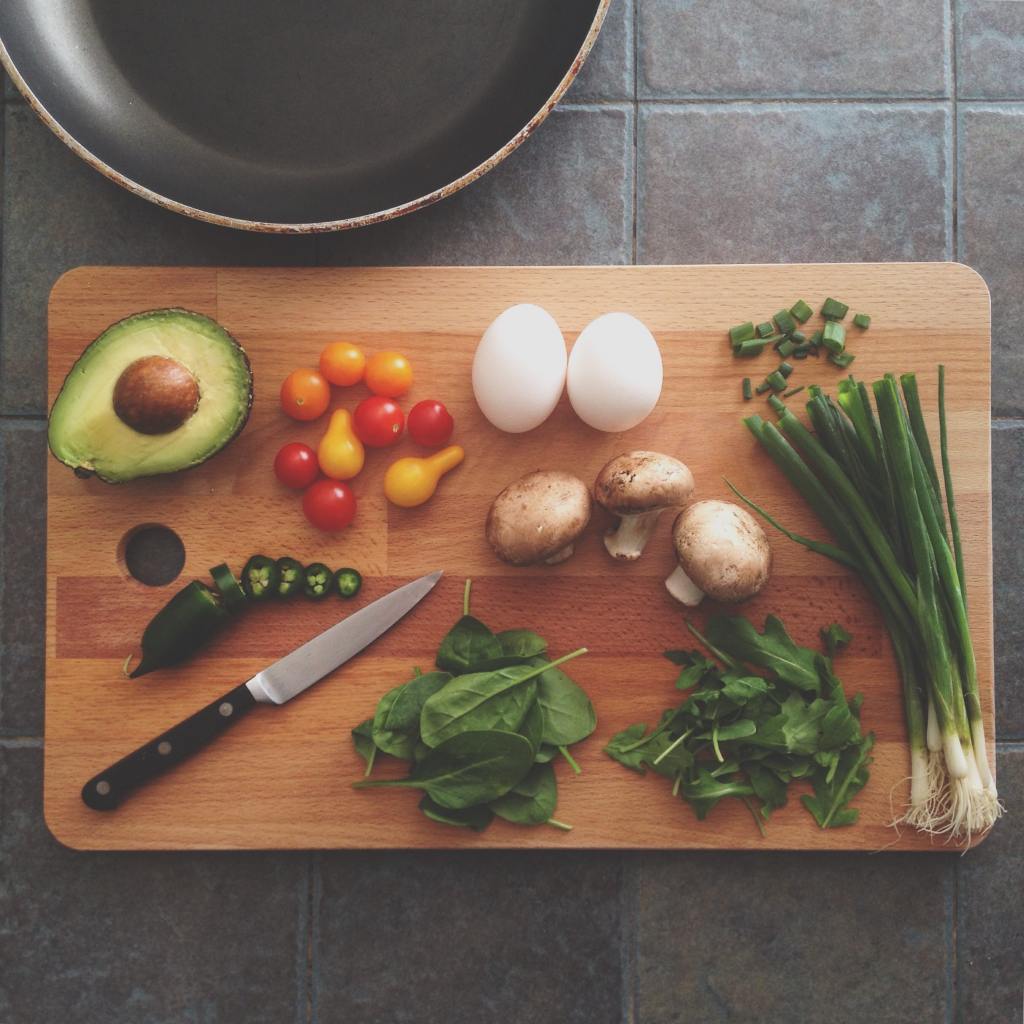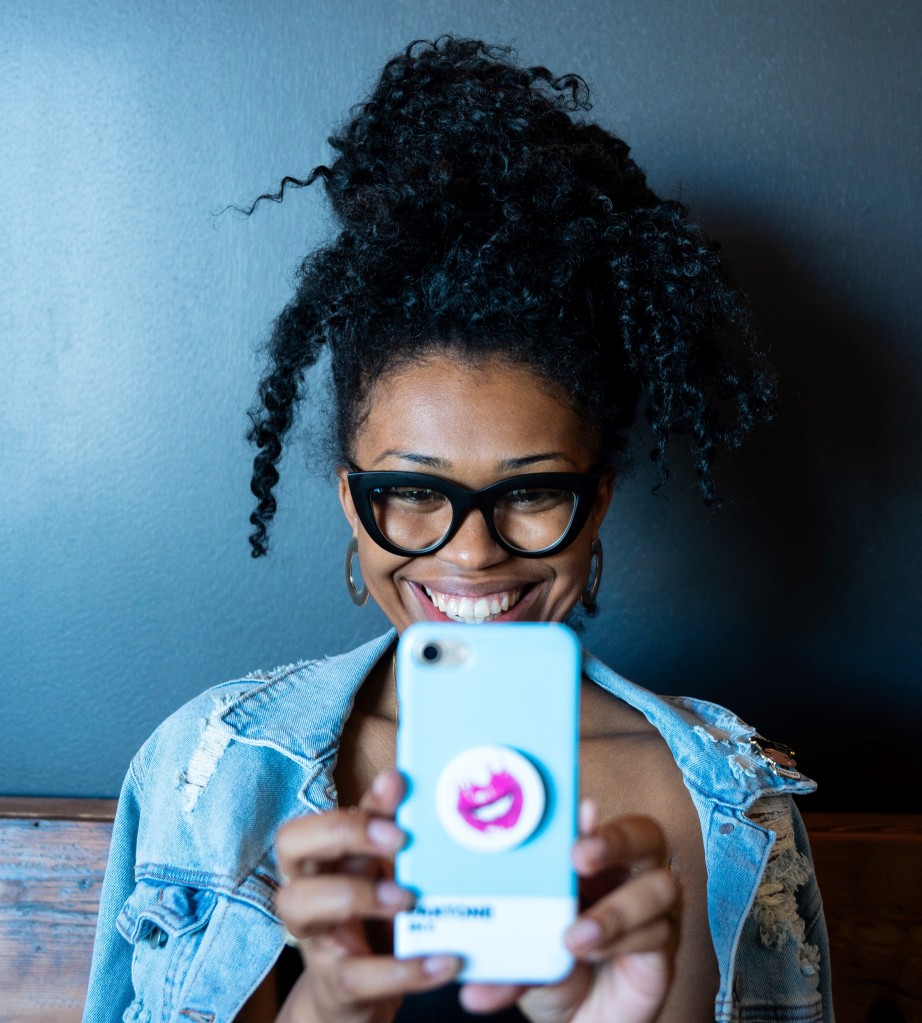The spread of COVID-19 has posed enormous challenges to people across the world as individuals, as communities, and as societies. While so many of us are social distancing, potentially for the long haul, our concerns vary widely across geographic locations, financial and occupational circumstances, family situations, living environments, mental health challenges, and so much more.
There is no one-size-fits-all approach to tools and information for getting through this, and I’m not equipped to put myself in the shoes of every person struggling through every situation. But I’ve tried to categorize some tools based on five particularly widespread problems for those of us working to maintain sobriety during this period of isolation.

Problem #1: I’m struggling with cravings.
Avoiding temptation can be especially hard when dealing with a variety of unknowns and spending so much time at home. If you live by yourself and being alone is a trigger, it’s probably not the best time to have alcohol in the house. However, many people live with family members or roommates who drink. Though that can be tricky, the silver lining is that the presence of alcohol and the exercise of willpower to avoid it can help you to develop strategies to avoid alcohol in the future at restaurants, bars, and parties.
If alcohol is there to stay, and even if it isn’t, try to make sure you have enough of your favorite foods and non-alcoholic beverages on hand. These, along with activities and hobbies you can do in your home, can serve as a satisfying distraction from urges – holding you over until they subside. Dedicating time and energy to some other kind of pleasurable activity when cravings arise helps me satisfy what feels like it’s missing – whether the activity is on the less-healthy end, like snacking on something sugary and watching Netflix, or on the healthy end, like reading, writing, or trying a new recipe or workout video. I’ve also shared earlier posts that may be of use if you’re looking for strategies to manage cravings and treat yourself with things other than alcohol.

If you have time, reading books or blogs about sobriety can reinforce your decision to cut back or quit. A few are listed on the Resources page of this blog. I often listen to audiobooks while doing things like cleaning or working on a puzzle, which require time but not a lot of brainpower. Listening to these reminds me of how bad things can get with alcohol, and of the physical and mental health benefits of quitting. Feeling down and lonely sometimes triggers the memory that I used to drink to make those emotions subside – so for people like me, the advice in the following section is also relevant to overcoming cravings.
Problem #2: I’m feeling anxious or depressed.
This, for obvious reasons, is going to be a challenge for a lot of people in the weeks or even months of isolation ahead. If you’re suffering from negative thoughts, anxiety, or depression, but aren’t able to maintain virtual counseling services with your usual in-person or online counselor, there are many virtual services that can help. You can also check out recommendations from therapists for helpful apps and resources during this time. If you have a pressing need to talk to someone but don’t have the resources or aren’t ready to commit, some online counseling services offer a few free appointments or tiers of service.

The CDC also offers advice on managing mental health in the midst of COVID-19. This is just a sampling of the tips and resources available. I recommend searching more widely online to find resources specific to your circumstances, and reaching out to friends, family, or acquaintances who may be able to share additional advice.
Apart from counseling services, there are a lot of things you can do in daily life that might help. Try to maintain your regular sleep schedule, and practice a morning routine such as journaling, making breakfast, exercising, or getting ready for the day much like you usually would. Not everyone needs to do all of these things. I, for one, have no plans to leave pajamas until at least July. Just do what makes a difference for you and don’t be afraid to try new things.

You don’t have to be exceptionally productive just because you’re at home, but new habits can take your mind off old ones. It may help you to stay fairly busy, even indoors, with a range of activities (see the next section!). If you’re feeling stuck, identify a few things that make you love your living space, or rearrange the furniture. Meditation, mindfulness, and breathing exercises may help you manage anxiety. After a rough couple of evenings last week, I decided to start my own daily blend of exposure therapy and meditation. You can find more tips if you’re having a hard time staying occupied here.
If you’re glued to your phone, or if following social media or the news is making you feel anxious (or paranoid!), consider putting your phone across the room for a while. I’ve realized that I’m checking Instagram far more than usual. Despite the short-term relief, connection, and humor I’ve found, it can be draining. Checking our phones can become a compulsive behavior that acts on the same reward system in the brain as activities like gaming, over-eating, over-exercising, and even drinking.
It’s hard to pinpoint a “healthy amount” for behaviors that are essential to survive and feel connected to others. I’ve started leaving my phone on the kitchen counter when I realize I’m using it compulsively, and will only check to make sure I haven’t missed any urgent texts or calls if I’m getting up to do something else.

All of this said, some stress and anxiety is inevitable right now. People are dealing with changes to their routines, concerns over their own health along with that of loved ones, job and financial losses, and major uncertainty in other areas of life. Don’t let anyone tell you that you have to feel okay all the time or seize the day as if there weren’t a major virus sweeping through the world’s population. Do what you can to manage your mental health challenges and feel more comfortable, but remember that everyone is having a hard time. It’s okay to worry and feel sad, and to adjust your expectations for yourself right now.
Problem #3: I’m getting extremely bored.
Another widespread concern is how to keep our minds and bodies occupied while spending so many hours at home. You don’t have to be productive all the time – as with our mental health, it’s okay to take a step back from the bustle of everyday life and settle in to what will be our new normal for some time. But if feelings of intense boredom are beginning to weigh on you, staying occupied with a range of activities may help.
You can start a puzzle, escape on an adventure through a good book, learn something new in a free online class, attend a virtual concert, or explore other opportunities for streaming art, education, entertainment, and more. You could clean or reorganize your living space, or declutter a closet that’s been grating on you. It might also be a good time to reach out virtually, and regularly, to friends and family – particularly if you live alone.

If you’re feeling creative or are up for processing emotions, you can write, journal, draw, make or listen to music, or work on other crafts. If you’re feeling restless, try to make it outside to get some fresh air or go for a walk. Just maintain your six feet of distance! If going outside right now falls outside your comfort zone, there are tons of companies and social media “influencers” offering free virtual exercise classes during COVID-19.
Of course, if you’re hooked into the streaming services, there are plenty of shows and movies to keep you entertained. I’ve been trying to limit my viewing because I know how addictive they can be for me. But some evenings, I don’t have the motivation to do much else (I plowed through Tiger King in two nights). There’s a wealth of good entertainment media out there nowadays – with just as much junk. It’s all fair game right now!

And don’t forget about others. Perhaps one of the best ways to mitigate harm, fill time, and build yourself up during this crisis is to find ways to help. Check on neighbors, friends, and family. If you can, donate to charities that are on the front lines. And look for ways to volunteer in your community. The list is likely to grow. You may find yourself dropping off food and supplies for older neighbors, or making masks for your local hospital or other essential workers. Service itself can be healing.
Problem #4: I’m feeling really lonely.
This is a tough one, especially if you live alone, like me. Loneliness is inevitable, given the fact that social distancing requires us to do the very thing that makes it worse – to physically isolate ourselves. Despite being dispersed, we can keep in touch in virtual ways. This could be as simple as a daily phone call to a friend or family member, or if you have the resources, you can conduct a video chat. There is a range of technology, much of it freely available at this time, to support virtual hangouts.

As you’re likely to have noticed, virtual happy hours and boozy brunches are growing in popularity. Joining friends – even virtually – who are drinking might not be the easiest thing to do when moderating or avoiding alcohol intake. But if you’re able to join and enjoy your coffee, selzer, or other drink of choice without struggling with temptation, this can be a good way to meet friends where they are and stay in touch. In fact, it may be a bit easier than meeting in a bar, where the smell of alcohol, not just the festive atmosphere, surrounds you.
There are also interest-based activities prompting people to gather in virtual spaces. If you’re into creative writing, something that has worked for me is joining friends on video chat to work on separate writing projects and to share feedback. Meetup.com, a platform for gathering people based on common interests, just added an option for virtual meetups. You can also play virtual video and board games or create a spreadsheet where friends can add recommendations for books, movies, streaming series, activities, and more.

Problem #5: My usual recovery meeting isn’t meeting virtually.
Some recovery groups are offering virtual meetings during the COVID-19 outbreak because physical locations are closed. If your regular group happens to be offering a phone or video meeting, attending is a good way to stay accountable to your goals and feel less isolated as we endure this. If no virtual meeting is available, you may be forced to look for alternatives.
Some recovery organizations (such as SMART Recovery) have online meetings, resources, and anonymous discussion boards. Browse the website of your recovery group of choice to see if they’re offering these. If you haven’t explored recovery groups but feel that now would be a good time to do so, you can learn more about different types of recovery groups here and here. You can also download the free Connections app for support in your recovery.

There are substantial benefits of attending virtual meetings during COVID-19, from providing a source of connection to other people who aren’t drinking to sharing strategies for coping with all the uncertainty. In another blog post, I shared some of the ways I’ve personally benefited from attending a recovery group. In addition to taking advantage of online resources and meetings, reading books and blogs to hear stories from other people who have quit or cut back can be helpful when you’re managing that process on your own.
The power of sobriety during the COVID-19 crisis
With a world of uncertainty about the future, and abrupt transformations taking place in our everyday lives, it’s quite normal to not feel “okay.” Some things will quite simply not be okay. Many people of all ages and backgrounds are getting sick and dying. We’re not only faced with discomfort and isolation right now, but also grief at very real losses. We’re dealing with financial, occupational, and family challenges that are shifting faster than we ever imagined – and faster than the world of information can keep up. Everyone is being asked to figure these things out rapidly, and at the same time, to be unnaturally patient sitting at home awaiting the latest updates to guidelines for interpersonal behavior.

When things like this happen, we are often told to “take things one day at a time.” That’s familiar territory for folks avoiding alcohol – it’s the very strategy we use to stay sober in normal situations. That training, along with the fact that we have a little practice in social distancing, can help us to stay strong and get through this.
Pandemics have hit the world many times before. And although everything around us is changing and setbacks are inevitable, we will get through this. Some semblance of normal life will resume. I’ve written here about just five out of innumerable problems for people at this time. While many face significant changes in areas like work, education, finances, and health, we can all do our part to help each other deal with challenges and losses and help ourselves in the process. Patience, and for some of us, the power of sobriety, are the vehicles that will get us there.
–Dana G


Thank you for putting this together. I am separated from my husband during this time as he is stuck overseas with the military and reading posts like this help me to stay positive and remember things that will help, not hurt me. 💕🙏
LikeLiked by 1 person
That sounds very difficult, especially at a time like this. Wishing you lots of strength and comfort – and ways to stay engaged and entertained, as well. I’m glad to hear some of this might be helpful! 🙂
LikeLiked by 1 person
I like this post! Thanks for sharing!
LikeLiked by 1 person
Thanks, Ying!
LikeLike
This post is so amazing! Thank you so much! I’m coming across it at week 3 and I’ve been sober for 15 years and have had my share of desires during this time. But God has continued to meet me where I am and help me move forward and out of temptations. He has also provided so many virtual meetings either through IntheRooms.com or Baltimoreaa.org. And of course reaching out to people who cross my mind keep me doing 12th step work. Thank you for the relatability and encouragement! Bless you!
LikeLike
Hello mate nicee post
LikeLike